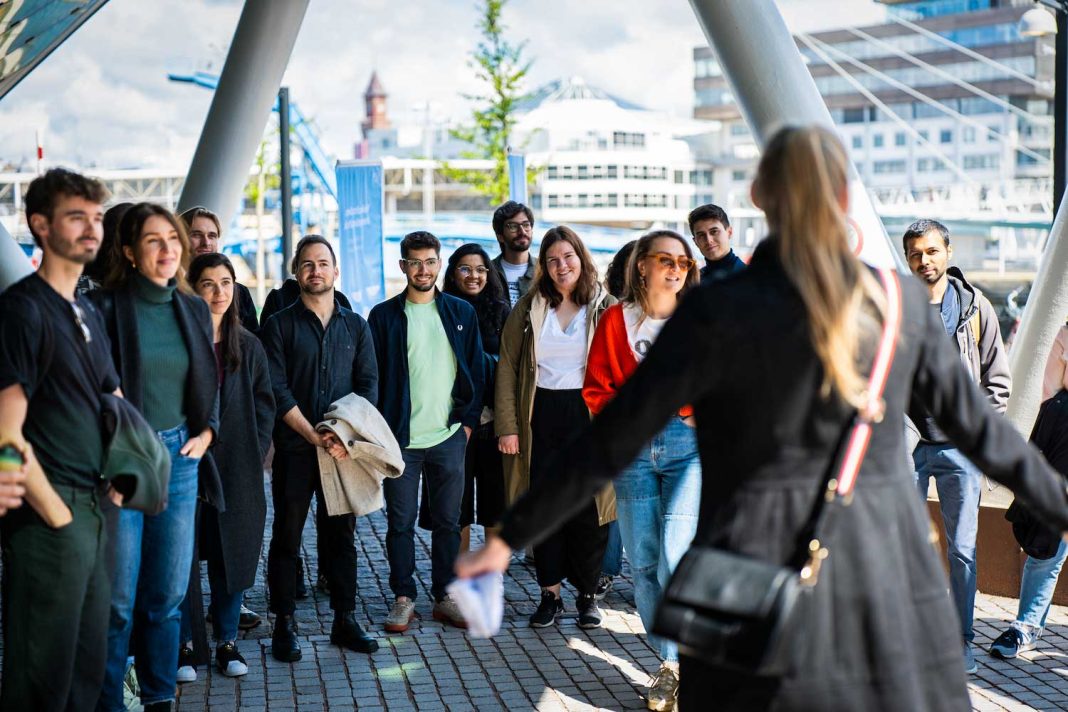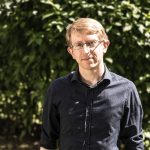Sharing knowledge is integral to scaling and speeding up the sustainability transformation. But are we doing it effectively? There’s a new generation of change-makers on the scene intent on improving the way knowhow is exchanged, fully aware that it’s their futures this affects. We speak to two of the team behind the Young Leaders Academy about the essential nature of transformative knowledge, and how we can best wield it to create impact.
Cities are hotbeds for the intersection between social, environmental, and economic challenges, but equally they are incubators for the clever – and often simple – solutions that bring them under control.
The extent of these solutions’ success, though, depends on how well we share that knowledge. Keep the answers to ourselves limits progress and we don’t have the time to dawdle.
While there are plenty of solutions already out there, in some circles, there is a sense that stagnation has set in – that, for all the talk, very little action follows, while the major crises of our time remain at large.
This is a concern expressed by the team behind the Young Leaders Academy, an international group of young professionals working together to reshape educational models.
Young Leaders at UF22
The kernel of the Academy took seed at the Urban Future conference in Helsingborg, Sweden in 2022.
Dozens of urbanists under the age of 30 gather each year for the Young Leaders programme (YLP), a day of workshops and networking for exemplary change-makers united by their interest in creating better cities.
“We were so excited about meeting peers of our age that face the same problems and challenges all over the world, but also the same passion and values,” says Martha Marisa Wanat. “It was mind blowing to get to know young professionals from all over the world that are just as dedicated and determined as I am.”
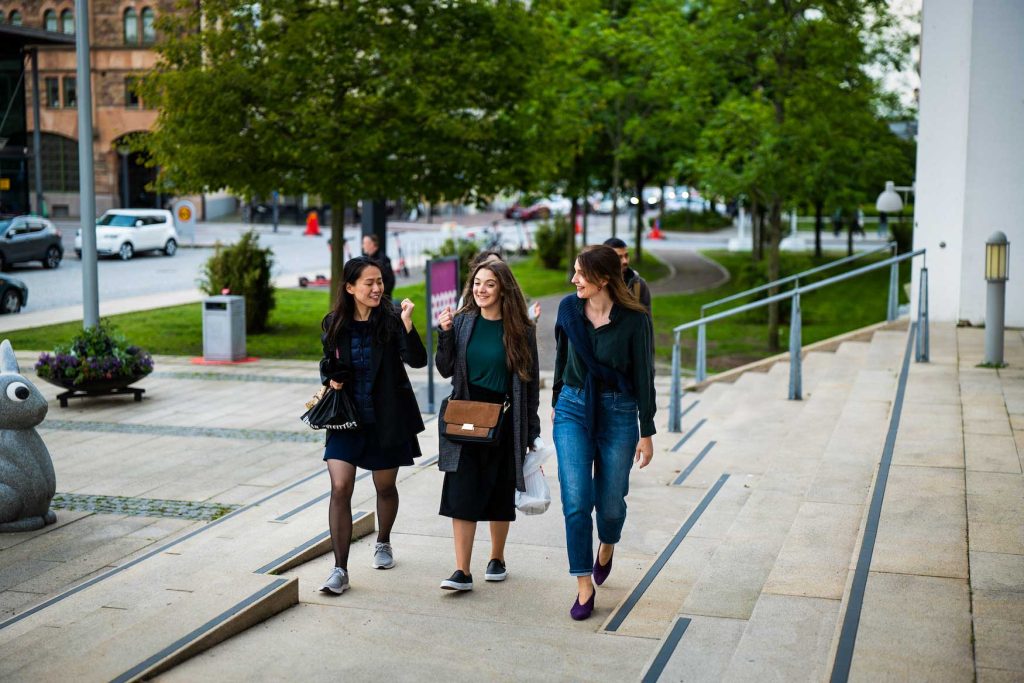
Adopting a casual tone, the YLP is an experience that generates strong bonds between young urbanists working towards shared objectives, Mathis Dippon points out: “I mean, we partied, and we had great discussions, and it was such great chemistry.”
A handful of the Young Leaders discovered they had one particular concern in common: they are dissatisfied with how some people – especially older generations – gather at events to just talk without empowering others to act.
“There’s a missing link between urban transformation and the people who should do it,” Mathis defines. When people attend meetings to exchange their insights, “something should be different afterwards.”
So, a small group of Young Leaders decided to take things into their own hands.
Rise of the Young Leaders Academy
Within six months, five of the YLP participants had established the Young Leaders Academy and with their diverse backgrounds, they would pool an extensive package of expertise:
- Martha is a mobility expert, consultant, author, and entrepreneur. She’s the founder of MOND, which “develops sustainable mobility concepts for real estate developers, for municipalities, and for big or small companies”.
- Mathis is a manager for both the international ACT NOW Mayors’ network and the programme for the Vienna-based European Capital of Democracy initiative.
- Antonella Bosio is anarchitect at EQUILIBRY and research assistant at the Mercator Research Institute on Global Commons and Climate Change.
- José Roberto Lagunes Trejo teaches architecture and urban sociology in Mexico City and is the Lead Project Coordinator at Fundación Hogares, which creates “really beautifully designed public spaces for communities”, Martha explains.
- Clemens Pintarich is a junior project developer at real estate developer 6B47.
Spread across the globe and operating in different disciplines, the team nonetheless identified similarities in their experiences that would form the basis for the Academy’s mission: changing the way people learn and interact.
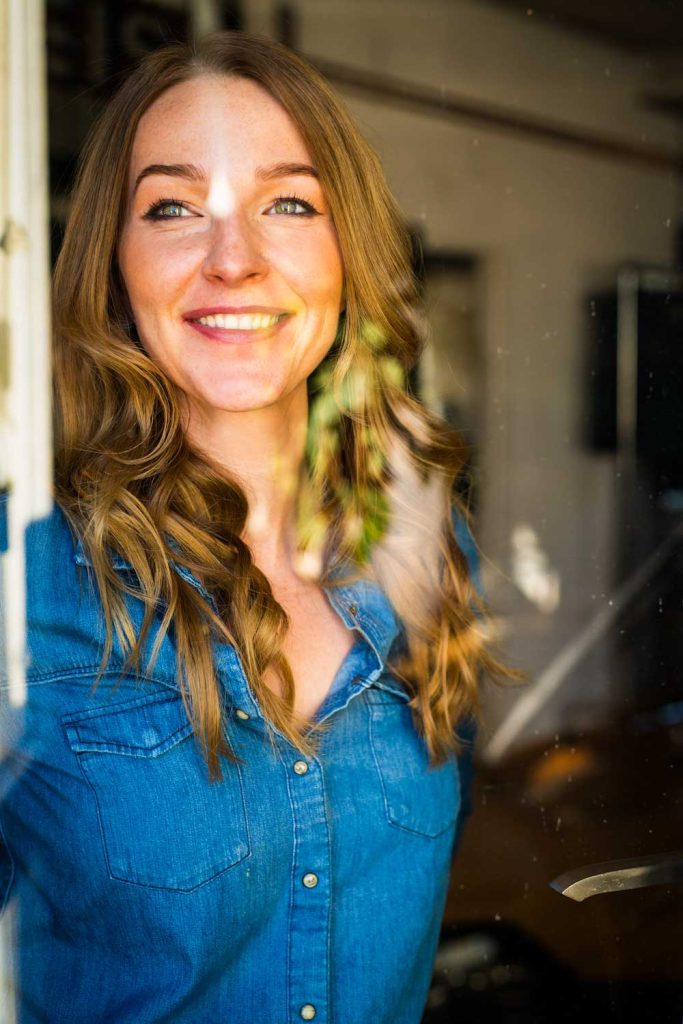
Martha Marisa Wanat. Image credit: Eva Zocher 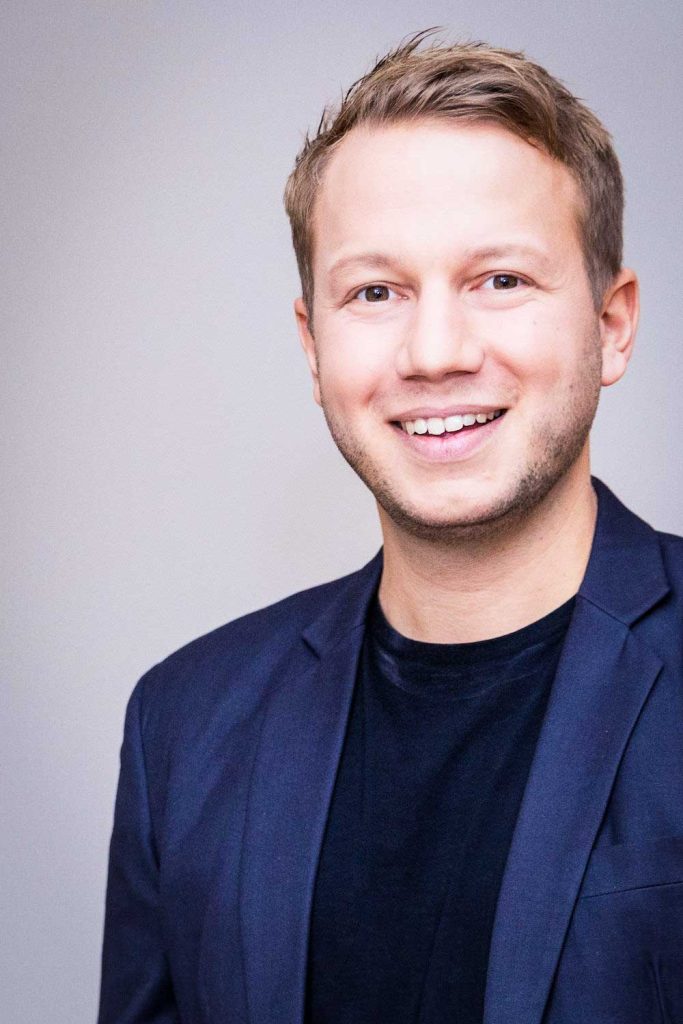
Mathis Dippon. Image credit: Sebastian Philipp
Transformative Knowledge
Martha explains that the Academy takes a fresh look at education. It offers a space “where this generation can connect with like-minded people and learn from each other”.
Their objectives are to enable knowledge-sharing, focus urbanists’ ambitions, and empower them to create transformation through practical application of that knowhow.
The essence of change-making for the team is what they call ‘transformative knowledge’.
These are the methods, processes, tools, mindsets, and techniques that experts possess, which can be disseminated and put into practice to realise projects of transformative change.
What was more challenging for the Academy was deciding how to deliver on their objectives. The answer, they decided, was to diversify.
How the Young Leaders Academy Plugs Gaps
“You have to alternate formats,” Mathis explains. “You need panels and inputs where people listen – one-way communication. But if it goes on for too long, people start scrolling on their phones. So, you also need small group interactions to get them engaged and share insights, and you need formats where you can apply and experience the learning.”
Retaining an audience’s attention via multiple delivery methods is as pertinent online as it is in person. And given the international nature of their target group, virtual sessions are essential to the Academy’s reach.
Young Leaders Online
Every two months, the team hosts a peer exchange for former Young Leader cohorts to collaborate.
With each meeting there are typically two 10-minute talks, each followed by a 10-minute breakout session.
Results are mixed, Mathis admits. Discussions are not always forthcoming, making the sessions sometimes less effectual than intended.
But as a pragmatic bunch, the team take a fluid approach to their methods.
“The original idea for the Online Academy was just focusing on one topic, like mobility, like nature in the city, like arts and culture in public spaces”, Martha tells us. “But if that doesn’t work out, we’re going to try something else – like a podcast, for instance.”
Going Offline
Committing to multi-channel delivery, the Academy team believes, will maximise their impact.
They are already considering opening the online sessions to CityChangers who have never been Young Leaders.
YLA Consulting is another integral arm of their organisation. Young Leaders are placed with multi-stakeholder urban initiatives to support the development and implementation of interventions, innovation, strategies, prototyping, and research.
Their first assignment will be the IBA27 project “Weissenhof” in Stuttgart, which takes places alongside the Academy’s own inaugural in-person event in June 2023.
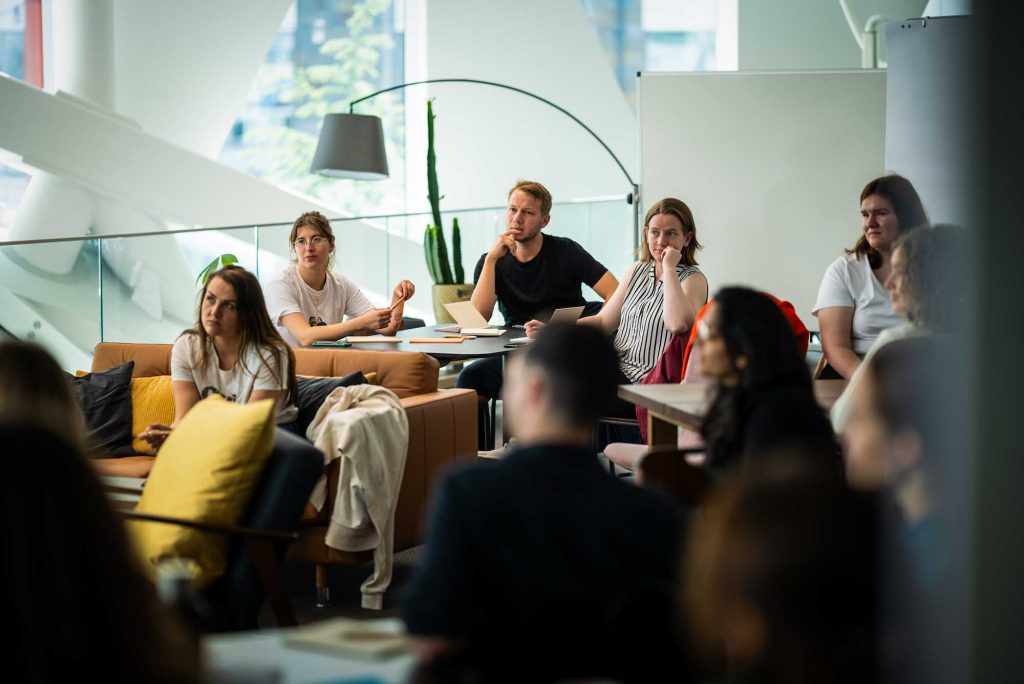
Stuttgart 2023
This full-day programme, designed for the benefit of the next generation of mayors and other young professionals, takes place adjacent to the Urban Future conference. It will further build on the tools that the team members believe really work:
- Peer learning – people working in similar fields will buddy up to collaborate on familiar challenges and learn from each other’s approaches.
- Expert interaction – notable CityChangers will lead small, moderated interactive chats to disseminate their transformative knowledge.
- Application – participants will explore how to apply the knowledge they’ve gained in real case scenarios: it ‘sticks’ in the mind when there’s “not just talk about it,” Mathis suggests.
- Active breaks – experiencing the city in a playful and conscious way will contextualise what they have learnt and allow groups to mix naturally, paving the way for further collaboration.
Finding speakers who possess both the knowhow and experience of its practical application was of utmost importance. Proven change-makers like Heinrich Strößenreuther will lead moderated sessions and impart their wisdom on the obstacles and challenges, processes of change, and what they would do differently given the chance again.
“Every one of them is mediating and translating between different stakeholders, disciplines, and social or cultural professional backgrounds” in their day-to-day work, Martha explains.
The Academy wants to equip all their participants with a toolkit that enables them to replicate this.
These mediating roles are something that will be crucial to have in the future, because the problems our cities face are so complex, and you cannot just create a simple solution to complexity.
Martha Marisa Wanat
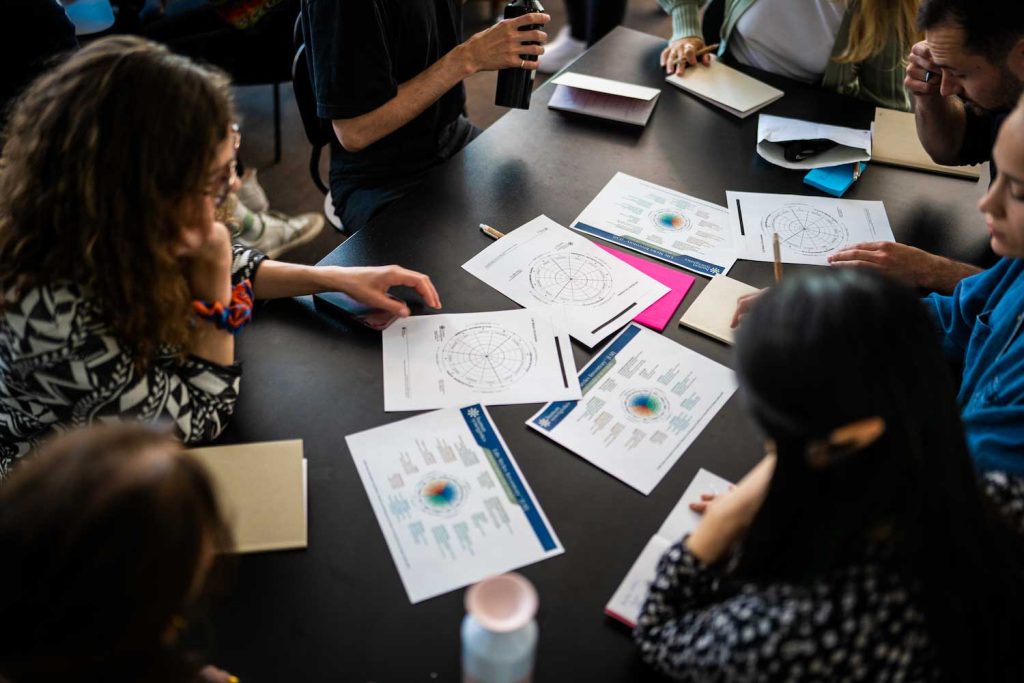
Long-Term Sustainability: The Academy’s Business Plan
“We are quite confident that it’s something the world needs and people and young professionals need”, Mathis says, but admits that “we don’t know how people will react.”
The Academy’s current format is a prototype, testing options and opportunities as the team defines the business model. Remaining agile allows the Academy to act on feedback, evolving to the needs of their community.
If successful, it may be possible that the Academy grows to be a sustainable business, whether as a non- or for-profit, or some other constituted form – there is little precedent to know for sure what fits this flexible concept best.
Not only would formalising the Academy allow the team to develop it full time, but, they believe, it would also generate support for such a fresh, forward-thinking model.
“To build a brand, you need a proper legal form. Absolutely”, Martha says. “It says a lot about commitment and a lot about organisation professionality.”
Image really can be important.
Like many organisations with millennials at the helm, the team is forging – Martha claims – “a sexy brand” and a community that “people are really proud to participate in”.
It’s about fun. It’s about also sharing the joy for the topic.
Martha Marisa Wanat
Having been disappointed by most of their experiences of further education programmes and conference formats, the Young Leaders Academy team knows first-hand that the methods we adopt to encourage people to take action need to shift up a gear.
Whether the Academy in its current form is as successful as the team behind it hopes maybe doesn’t matter quite as much as what they’re proving: that a mindset willing to try can get us closer to our goals.
Get Involved
Registration for this year’s physical Young Leaders Academy programme in Stuttgart is open to all young professional and leaders until 19 June 2023.

